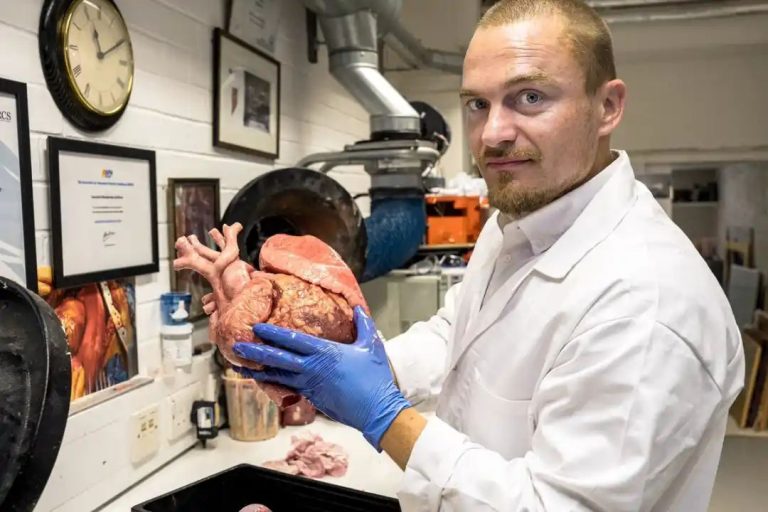World Tuberculosis (TB) Day 2024: Symptoms, causes and precautions

The world marks World Tuberculosis (TB) Day annually on March 24. The goal of the day is to promote public awareness about the severe health, social, and economic implications of tuberculosis, as well as to increase efforts to halt the global TB epidemic.
This day provides an opportunity for people all around the world to unite and raise awareness about the devastating impact of tuberculosis, a disease that affects millions of people worldwide and is one of the main causes of mortality from infectious diseases.
World Tuberculosis Day was first commemorated in 1982, 100 years after Dr Robert Koch discovered the bacteria that causes TB. Since then, the day has become a significant day to educate people about TB symptoms, transmission, and prevention.
What Is Tuberculosis (TB)?
Tuberculosis mostly affects the lungs and is caused by a bacteria called Mycobacterium tuberculosis. Other organs, such as the brain, bones, lymph nodes, intestines, kidneys, eyes, and skin, can also be impacted.
There are two types of tuberculosis: latent TB, which has no symptoms, and active TB, which has symptoms.
Tuberculosis: Symptoms
Tuberculosis can be cured and prevented. It travels from person to person via the air. When a person with lung tuberculosis coughs, sneezes, or spits, he/she releases TB germs into the air.
Common signs of active tuberculosis include coughing and wheezing for three or more weeks with blood or mucus, chest pain or pain when coughing and breathing, abrupt and unexpected weight loss, exhaustion, fever, night sweats, chills, and loss of appetite.
Tuberculosis: Causes
Tuberculosis is caused by bacteria that transmit from person to person via tiny droplets released into the air when coughing or sneezing. TB is communicable; however, it is not easy to contract the disease.
People with active tuberculosis who have received appropriate pharmacological treatment for at least two weeks are no longer contagious.
Tuberculosis: Precautions
– Vaccination is the most effective way to prevent tuberculosis. The Bacillus Calmette-Guerin (BCG) vaccine is the most widely used tuberculosis vaccine.
– If you come into contact with an infected person or exhibit signs of tuberculosis, get tested as soon as possible.
– Maintain proper hygiene by washing your hands with soap and water frequently, particularly after visiting public places.
– A good diet and regular exercise can boost your immune system, which will aid in fighting the infection.





